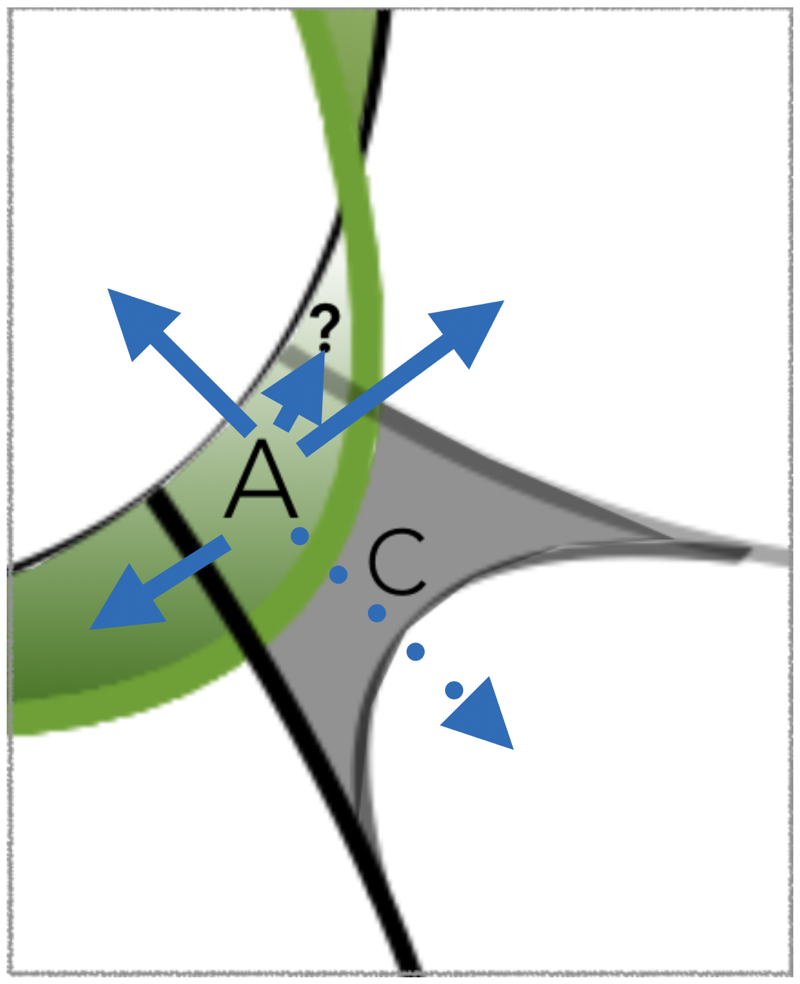
Cynefin’s Disorder domain has changed to include Aporia – a state of puzzlement and doubt. It’s a timely adjustment to the sense-making framework.
Aporia is a state which allows us to, as Chris Corrigan states, “[confront] paradoxes and situations that have no resolution, no precedent and no right way forward.”
Zhen Goh says in Aporetic Meditations, “Aporia provides a safe and curious vantage point for leaders.”
I’m realising the significance of this domain since it describes an honest state we should embrace more often.
If we can show honesty, we can invite others to collectively deceiver where we are, and what could be done. It avoids our tendency to jump to conclusions and prematurely make commitments.
The difference between Aporia and Chaos
To be in aporia is to acknowledge we don’t understand the nature of the situation. This differs from being in chaos since when we’re in the latter we know we must act immediately to stabilise the situation. We can operate in both at the same time.
For example, a few weeks ago, many took action to hoard toilet roll. At the same time, they didn’t know the emerging nature of the lockdown. So for other decisions, they would have been wise to linger in aporia until things further unfolded. So, for example, they may have delayed the decision to get a refund on their season ticket.
